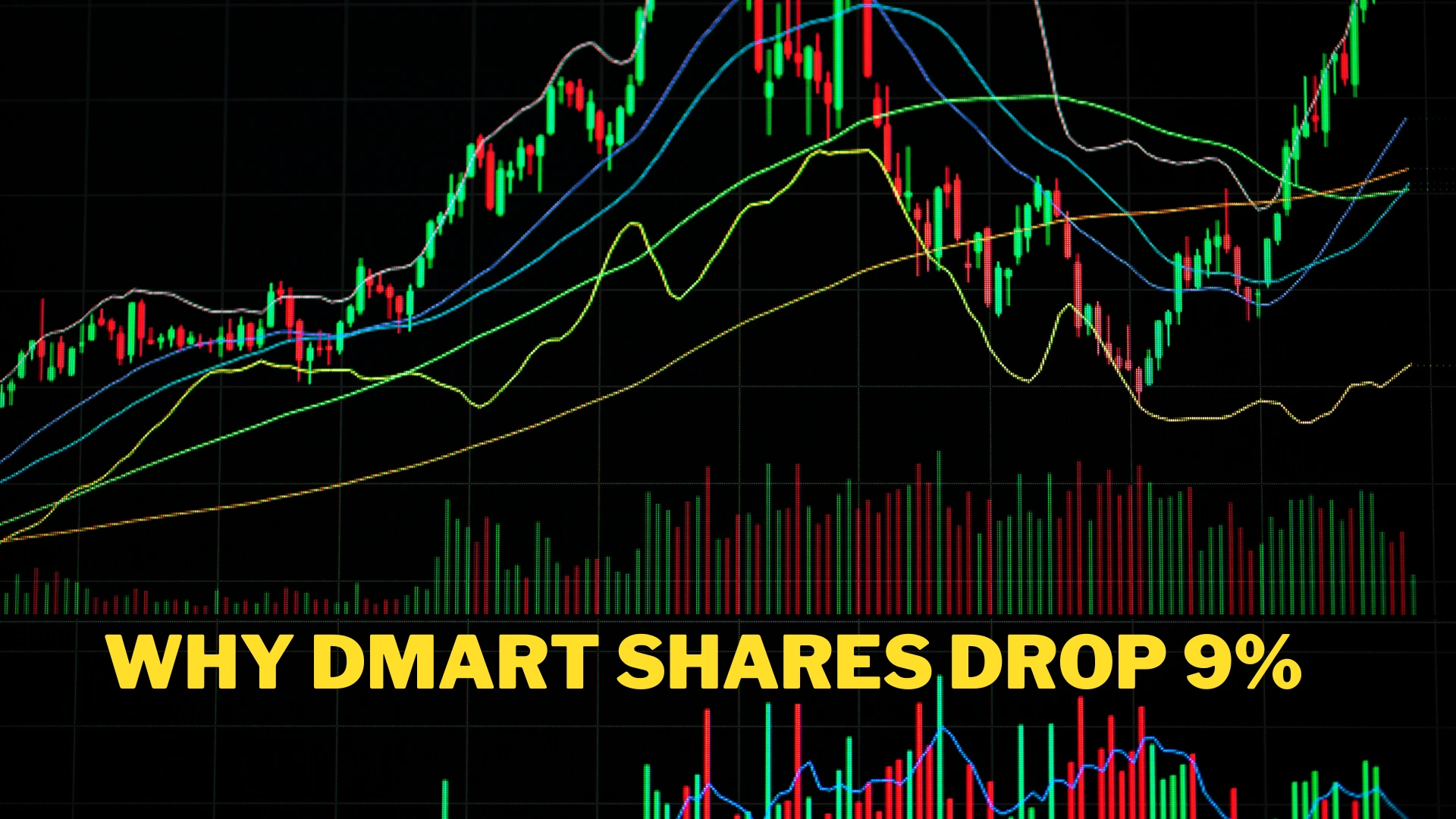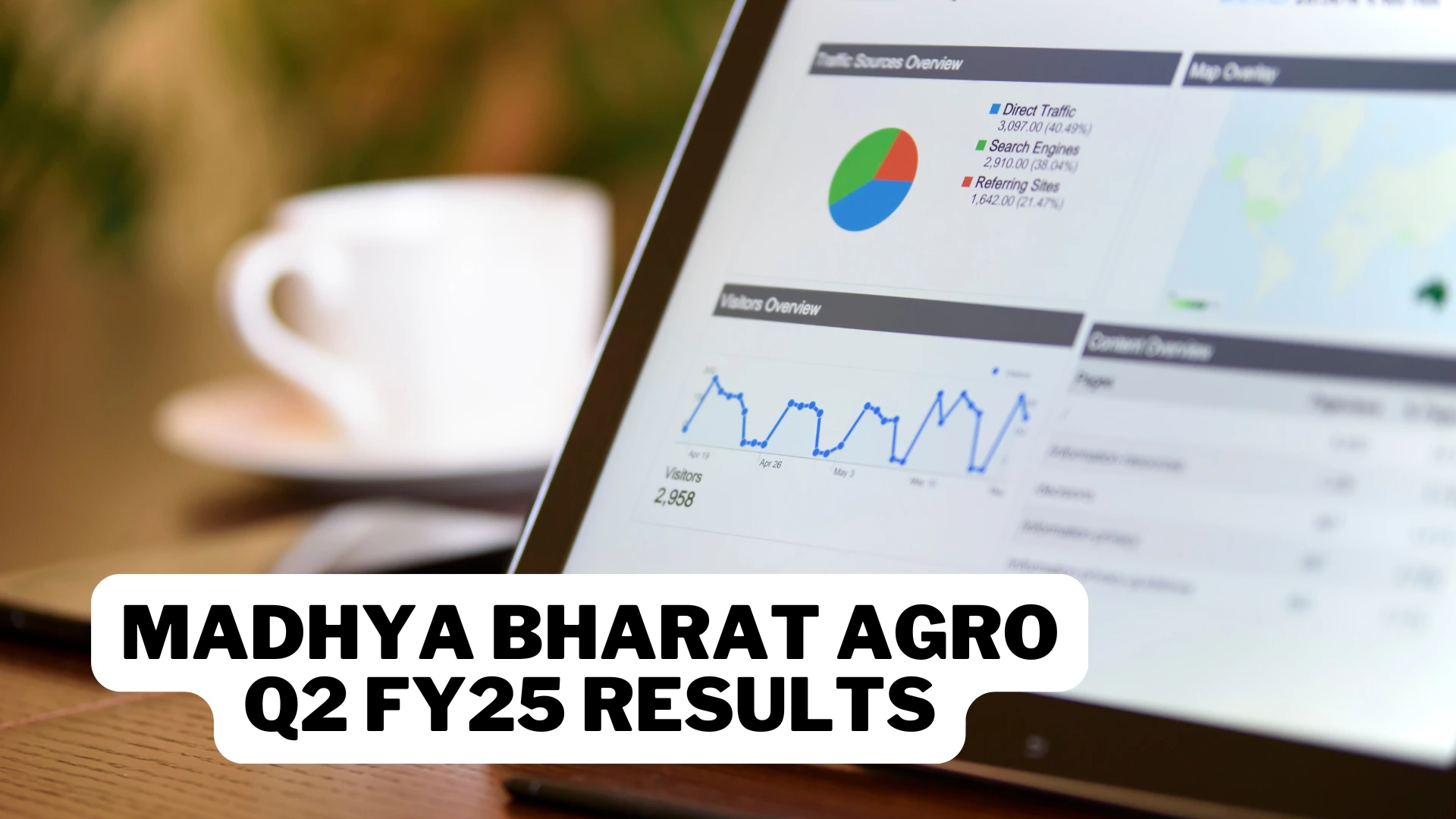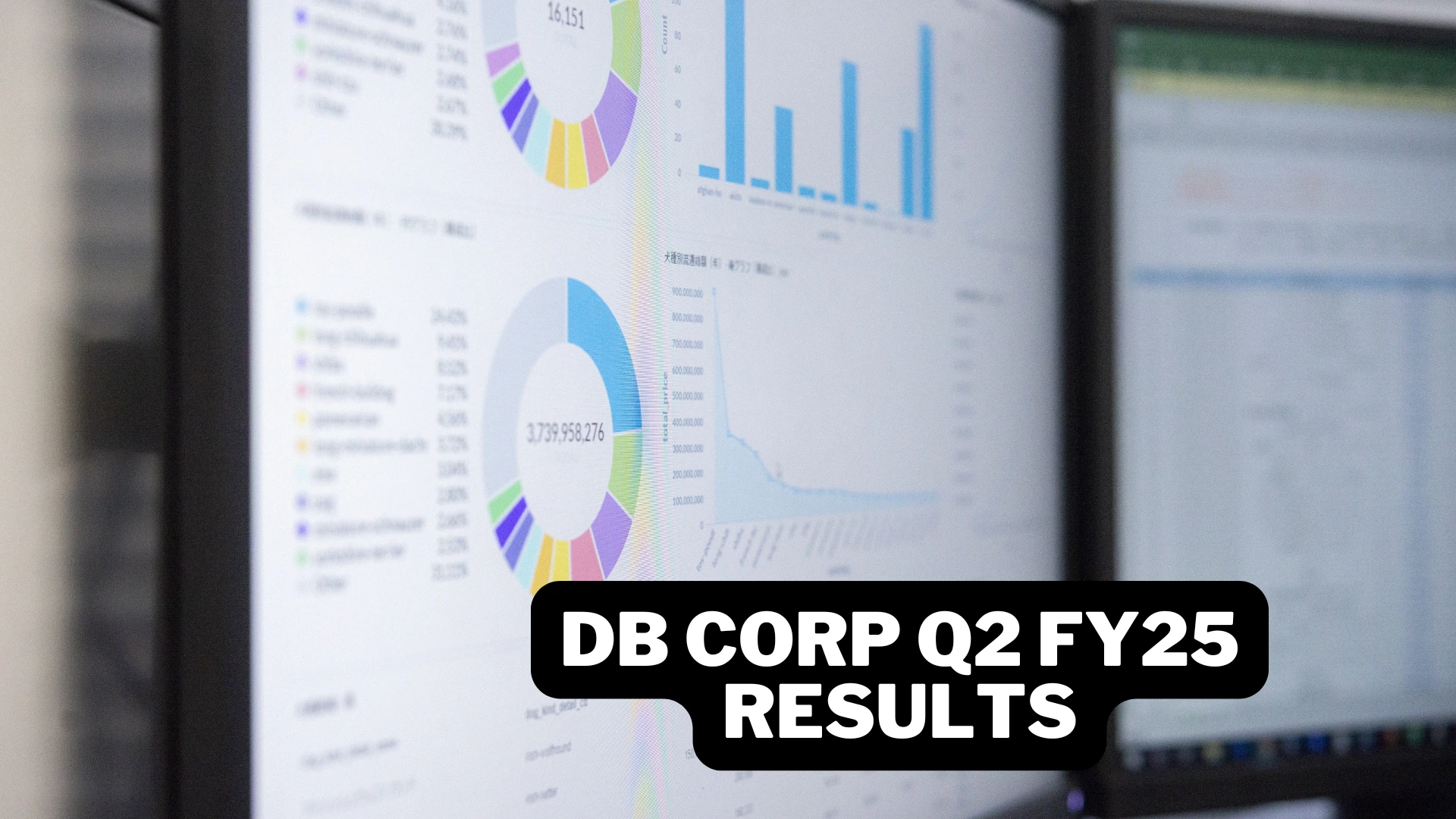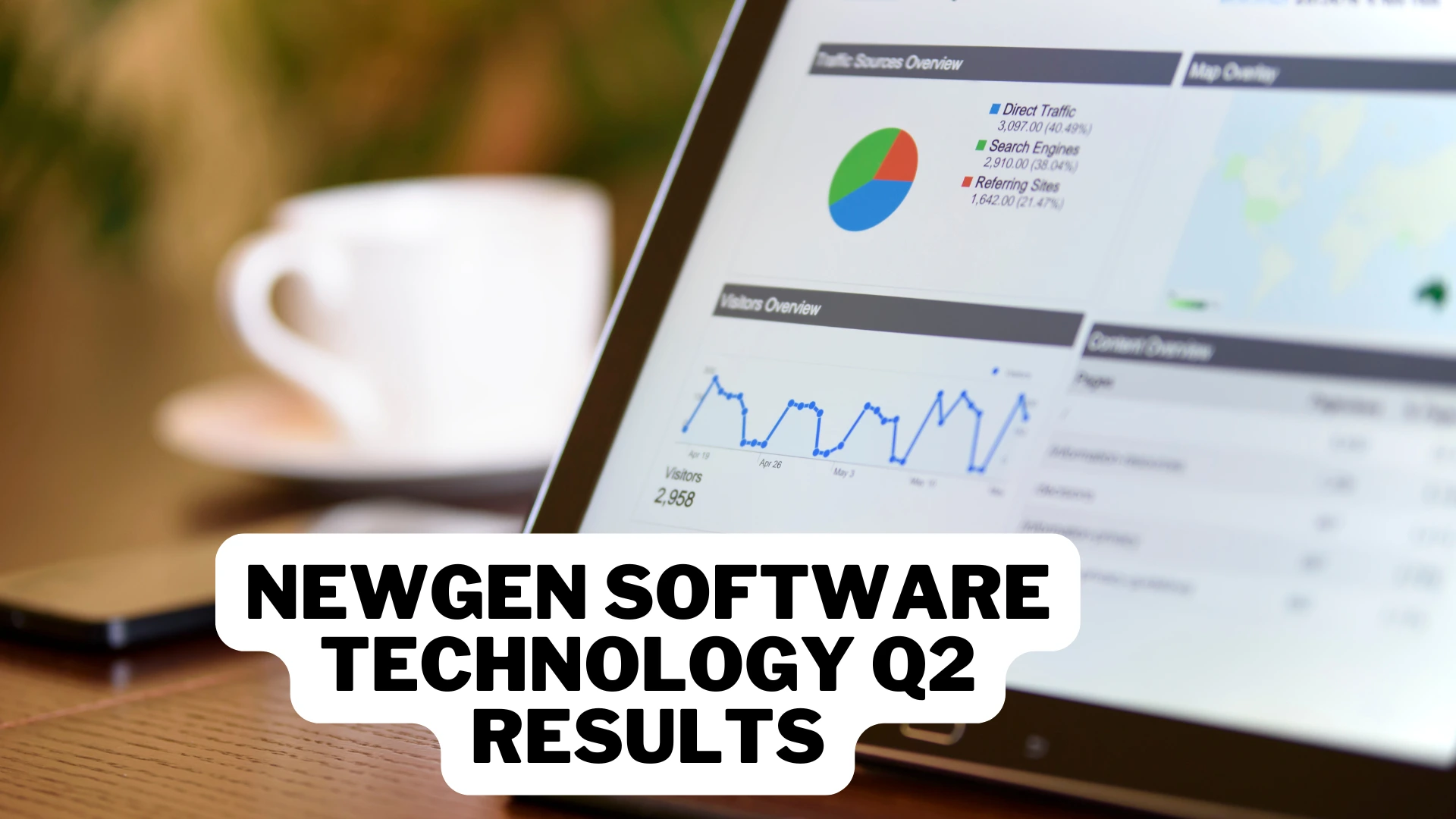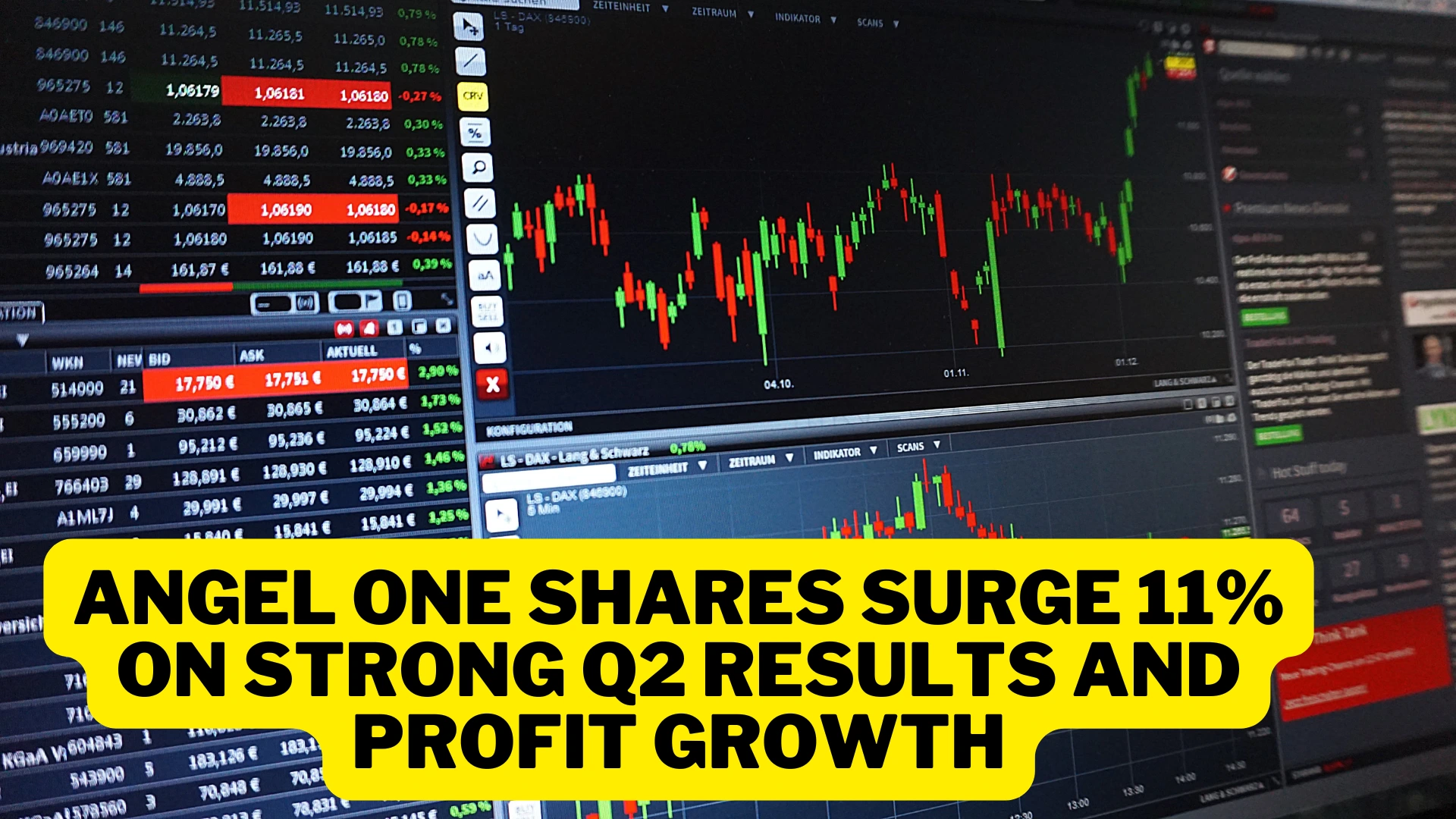Shares of Avenue Supermarts, the parent company of DMart, plunged by over 9% on Monday, October 14, 2024, hitting an intraday low of Rs 4,143.60.
The drop followed the release of the company’s Q2 FY25 results, which fell short of market expectations, leading several analysts to revise their forecasts for the company.
Company Performance:
DMart reported a modest 5.8% year-on-year (YoY) growth in net profit for Q2 FY25, reaching Rs 659.6 crore, up from Rs 623.6 crore in the same period last year.
Revenue increased by 14.4% to Rs 14,444.5 crore, compared to Rs 12,624.37 crore in Q2 FY24.
Additionally, earnings before interest, taxes, depreciation, and amortization (Ebitda) saw a significant 29.3% jump to Rs 1,093.8 crore, improving the Ebitda margin to 7.6% from 6.7% YoY.
However, analysts were disappointed by the company’s like-for-like (LFL) growth, which fell to 5.5% YoY, significantly lower than the 9.1% growth recorded in Q1 FY25.
DMart’s online platform, DMart Ready, also saw slower growth, rising only 22% YoY in H1 FY25, down from 32% in FY24.
Market Trends:
The stock’s sharp decline followed the broader trend of retail companies facing challenges from rising operational costs and increased competition from online grocery platforms.
Quick commerce and e-grocery services, which focus on rapid delivery in urban areas, have begun to eat into DMart’s market share, particularly in large metro cities.
This shift has impacted customer footfalls and revenue per store, which remained flat year-on-year. DMart’s management acknowledged that this competition is affecting the performance of its top metro stores.
Expert Insights:
Several analysts revised their forecasts for DMart after the Q2 results. Nuvama downgraded its estimates for DMart’s FY25 revenue, EBITDA, and net profit by 3%, 4%, and 7%, respectively.
They also lowered their target price to Rs 5,040 from Rs 5,183 but maintained a ‘Hold’ rating, citing lower store productivity and rising expenses.
Motilal Oswal analysts noted that DMart’s reliance on store expansion for growth, along with weakening LFL growth due to moderating inflation, was a concern.
They reduced their revenue and EBITDA estimates for FY25 by 2% and 6%, respectively, but projected long-term growth supported by the company’s store footprint expansion. Motilal Oswal maintained a ‘Buy’ rating with a target price of Rs 5,300.
However, ICICI Securities downgraded DMart to a ‘Reduce’ rating, lowering their target price to Rs 4,100, citing slower revenue growth and competition from quick commerce platforms.
Global brokerages followed suit, with Morgan Stanley downgrading Avenue Supermarts to ‘Underweight’ and cutting their price target to Rs 3,702.
JPMorgan also downgraded the stock to ‘Neutral,’ reducing the target price to Rs 4,700 from Rs 5,400. Goldman Sachs, too, recommended a ‘Sell’ rating with a target price of Rs 4,000.
Conclusion:
The recent decline in DMart’s share price highlights the growing pressure from online grocery platforms and quick commerce services, especially in urban markets.
While the company is expected to continue its expansion, analysts are cautious about the near-term growth trajectory due to lower store productivity and rising operating expenses.
Investors should monitor how the company adapts to these challenges and whether it can maintain its competitive edge in the evolving retail landscape.






